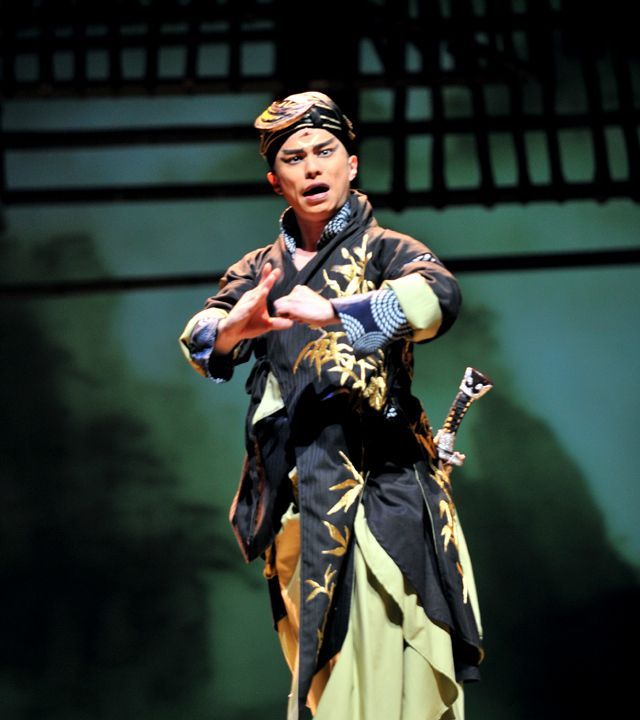Hall of Loyalty and Righteousness
The 108 heroes of Liangshan, led by Song Jiang, received a mandate from Heaven and inscribed their names on stone tablets, emulating the imperial court by organizing themselves into official ranks. They renamed their stronghold the "Hall of Loyalty and Righteousness," signaling their intention to seek amnesty and reintegration into the imperial order.
During this dual celebration of their accomplishments and formal shift in allegiance, underlying tensions among the brothers surfaced. One faction, led by Guan Sheng, Zhang Qing, Qin Ming, Hu Yan Zhuo, Huang Xin, and Yang Zhi, consisted primarily of former high-ranking military officers. They retained a strong sense of loyalty to the imperial court and the emperor. In stark contrast, leaders like Lu Zhishen, Lin Chong, Wu Song, Li Kui, Ruan Xiao Wu, Yang Xiong, and Shi Xiu—many of whom were of lower military rank or civilian origin—held a different perspective. To them, the motto "Uphold justice on behalf of Heaven" was not merely about aiding the emperor in eliminating corrupt officials and local tyrants. It also signified a revolutionary undertaking to seize the throne and claim dominion for themselves.
This fundamental ideological rift shattered the unity behind their shared banner of "Uphold justice on behalf of Heaven," sowing seeds of discord that foreshadowed the inevitable downfall of the Liangshan heroes.
Though bound by countless battles and the blood they shed together, each of the 108 heroes harbored unique memories and inner struggles. Can these conflicts be resolved? How will they confront and reconcile the inherent contradictions in their understanding of "loyalty" and "righteousness"?

